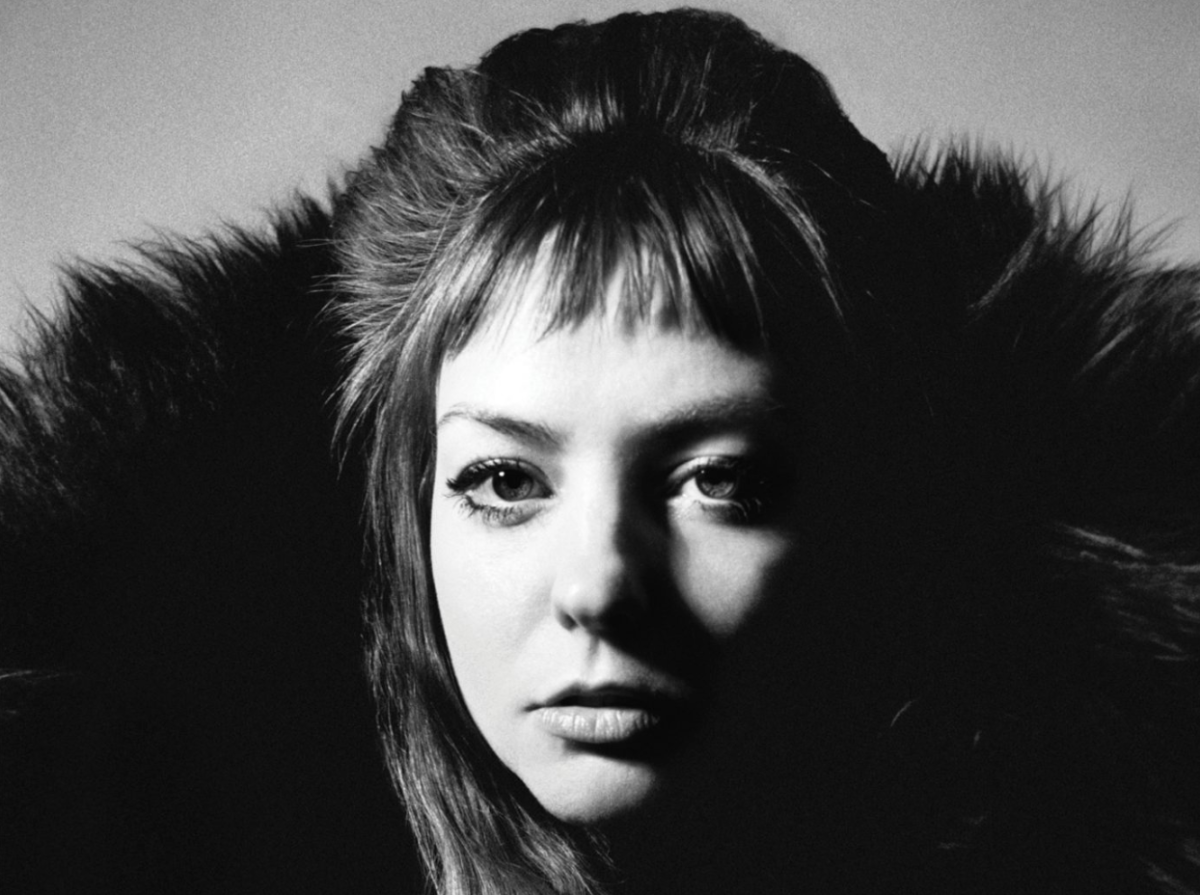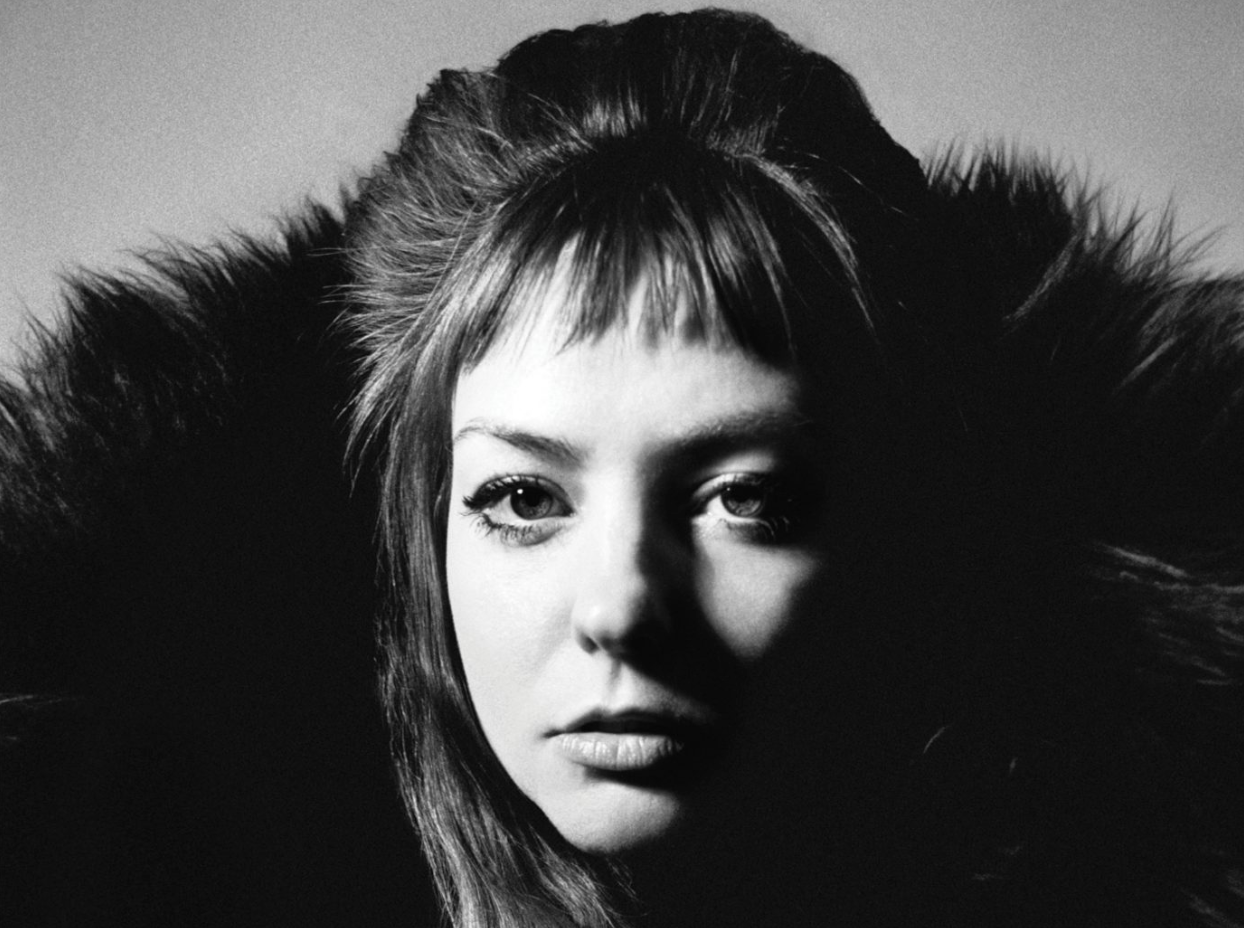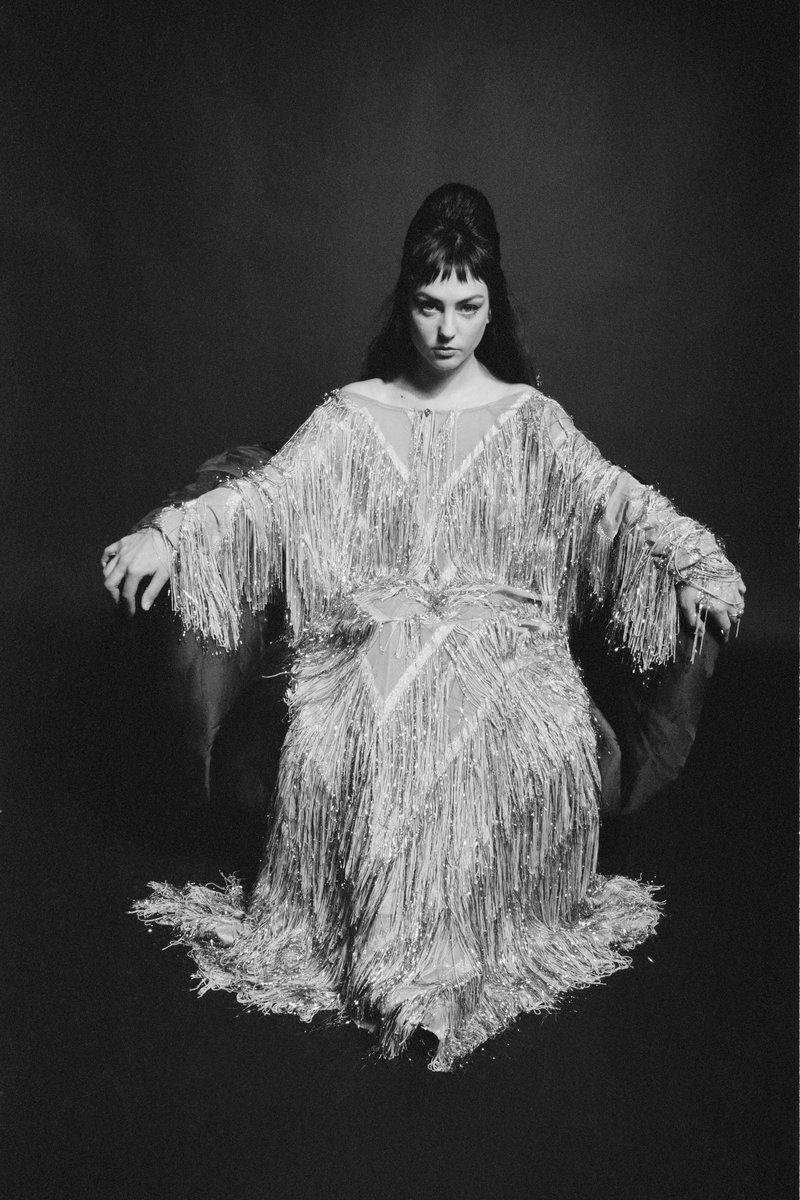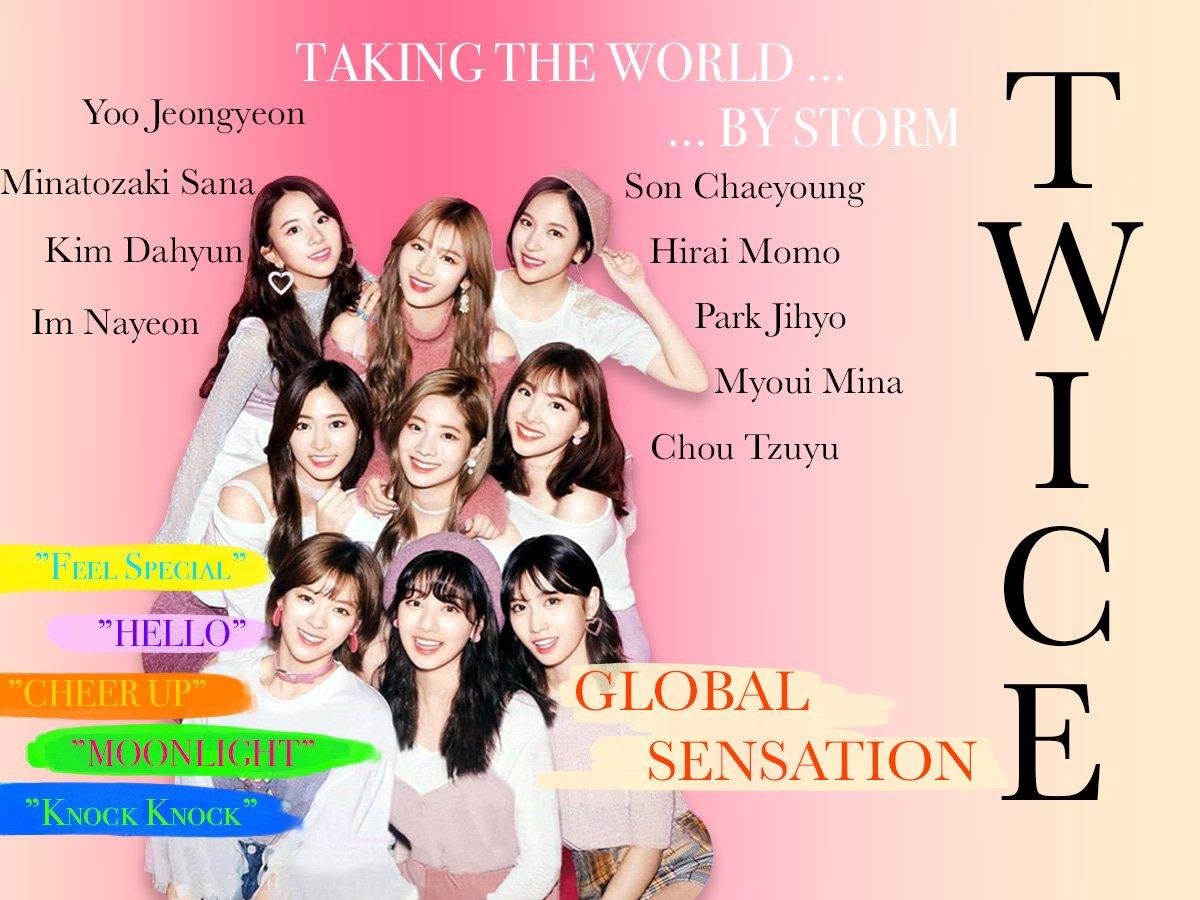We thought that indie-folk masterpiece MY WOMAN was the peak of Angel Olsen’s career. The release of All Mirrors on Oct. 4 shows us that we were dead wrong. In her most expansive and complex work yet, Olsen becomes the hero in her own story, carrying herself into a new life, one without unfulfilled love and empty promises.
Story by Gabrielle Sanchez
Photos courtesy of Cameron McCool
All Mirrors is a feat in the 2019 music landscape, though the listening isn’t always easy. String sections rise and build a tension that sits on your chest and the emotional elements of the work weigh a ton on the mind and heart. The Missourian songbird pushes herself to the limits, a woman demanding more room for herself and her growth. All Mirrors culminates her best vocal, lyrical and musical abilities from her prior four albums. Co-produced by Olsen and John Congleton (who had a hand in producing St. Vincent’s first three albums, among many other projects), it seems like record label Jagjaguwar gave her everything she could dream of musically, and she ran with it.
The album starts out with a collapse, a love gone, and slowly falls apart in agony with “Lark.” She wishes to go back, to start over, without maybe such blind beginnings. On her Instagram, Olsen remarked that the single took many years to piece together, and served as a way of channeling and working through the grief of losing someone that was not only a friend but a partner. She states that the heart of the struggle is “it’s easy to promise the world to those we love, but what about when our dreams change and values split?” The strings scream and Olsen rises up into an unignorable rage as she bellows, “They say you love every single part/What about my dreams?/What about the heart?/Trouble from the start/Trouble with the heart.”
It’s easy to say that Olsen is witchy, yet it’s also easy to prove. She burns herself at the stake and rises from the ashes to thudding, pulsing bass drums in the opening track. The fire rages and like lost love it hurts, but it’s also a chance to start over. Olsen carries mysticism in her back pocket throughout the 11 tracks, and her ability to tap into it may be only matched by singer-songwriter Stevie Nicks.
In “All Mirrors”, a facade has faded, with no time for pretending left . Growing older, Olsen looks at her many selves and sees something disappearing, but she’s not mourning. She knows that life stops for no one, even someone in grief, and has no other choice but to move forward. When talking to NPR about the title track, Olsen says she channels, “…a woman lost in a labyrinthine dream reflection climbs upward and traverses in and out of passages, afraid of the many selves that she carries, clouded and unable at first to face who she is meant to be: uninhibited and aware, unashamed and at peace, in control of her own universe, yet calmly leaving space for the inevitable possibility of change and inward shifting.”
Yeah. Behind 80s style synth and warping string accompaniment is a woman taking control even when she’s unsure what to do with it which drives the rest of the album.
“Too Easy” marks the beginning of rebirth. A weight lifts as her voice does, anchored by the deep, heart-beat of the synths. Following acceptance of what life dealt her, fulfillment finds itself far beyond love.Olsen decries that a lack of love does not mean a lack of life: “I’m not alone /I’m not/The real truth of it all Is that I haven’t lost/After the wait, come down/I looked around and found something else/Something that was bigger than us/Bigger than us.” For Olsen, love’s not the best that it gets.
The album opens its heart up in ballad “Spring,” like a breath of fresh air. With the unexpectedness of love (“Remember when we said/We’d never have children/I’m holding your baby/Now that we’re older”), following emotions and looking for small moments of joy with someone may be the best it is. Her musical success isolates her, as she sees a life passing by, and with it a love that could have been eternal. It’s the brief junctures, a smile and kiss, that matter the most, glimpses of pure romantic bliss should be reveled in. Forever’s not meant for the songstress, she just needs a moment.
The plain fact that it’s easier to say you love someone than it is to truly feel and work through personal issues makes it assertion in the finger-pointing “What It Is.” Being in love can bury other issues in your heart (“You just wanted to forget/That your heart was full of shit”) and love can be an avenue to feel something at all, whether it’s true or not. Strings help create a cacophony of sounds. It’s not just Olsen and her guitar anymore, and the musical lines enforce and contradict her along the way.
This continues in tracks such as “Impasse” when Olsen, by the end, hollers “I’m just living in my head” and “I never lost anyone.” It then fades into quiet as the soft, gentler “Tonight” begins, the strings just a hum now. Olsen whispers through this track, no longer lamenting a love, but cherishing the headspace and life she leads without it. The strings add something truly special, a theatrical element that ups the ante on emotional and musical potency and something that has never been utilized by Olsen before.
Rough, tough and oh so western-esque, “Summer” travels her journey back to her own body and life. She’s guns-blazing, looking back on the road she carved out for herself and swearing to never go back. Following her “divorce” with a long time partner and love, she struggled while touring after MY WOMAN’s release, which she discusses in a recent interview with Fader. She returns to earlier vocal stylings in “Endgame,” her voice so gentle and low that it almost fades into nothing, vibrato buzzing, reminiscent of songs such as “Always Half Strange Home” from 2012’s Half Way Home.
In “Chance,” a near yodeling Olsen says what she wants, which is not much at all. Just some beauty, get to know someone with no promises, no forever. In her final six-minute sonata, “It’s hard to say forever love/Forever’s just so far/Why don’t you say you’re with me now/With all of your heart?” rings out, enveloped by strings for one last time. It’s operatic, her voice taking up more space than on any of the other tracks.
Olsen shows us that love proves to be a hollow final destination. When you’re 20, love feels like a fantasy. At 30, it’s a much harder reality. Things fall apart and crumble before our own eyes sometimes. It’s painful, but being without love does not mean being alone. She’s not a woman who wrote some sad songs about love, found it, then lived happily ever after. She’s also not the jaded woman that people want her to be – she’s just found a new way of living.












































